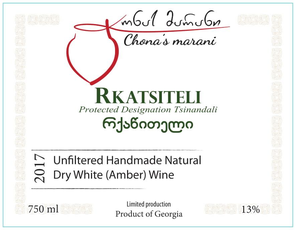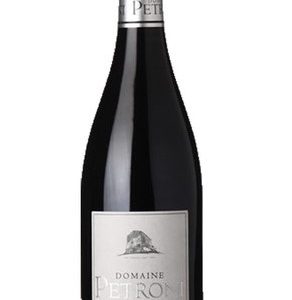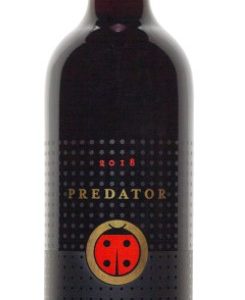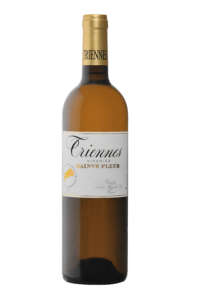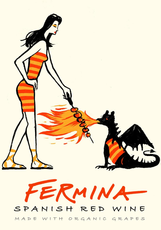Chona’s Marani Rkatsiteli 2019
$24.50
Description
“Chona’s Marani” is the family winery, located in city Telavi, Kakheti. The family has a long tradition of producing natural wines that is transmitted by generations and is based on Kakhetian traditional technology, which implies producing wine in the Qvevri.
Wine is produced from the grape grown in the family’s own vineyards. The vineyard is maintained according to bio-organic rules. Maintenance of the vineyard, grapes, winemaking and bottling – is carried out by family members.
Vineyards of Chona’s Marani is located in Tsinandali protected area, in the village – of Kurdgelauri, at 550m above sea level. Its area is 2 hectares. The vineyard is maintained according to bio-organic rules. The cultivated vine varieties are accurately applied to the specific nature of the specific zone and the composition of the soil.
Planted vine varieties: Kakhetian Mtsvane, Rkatsiteli, Saperavi
In the vineyards of Chona’s Marani, the vintage begins at the end of September. Before the start of the vintage, the level of the grape maturity is checked to select the optimum period to pick up the grape. Picked grapes are transported from the vineyard to the cellar so as to ensure maximum integrity of the bunches. After that, the grape is pressed using a special machine into Qvevri.
After the pressing, the grape into Qvevri, begins the period of fermentation when the sugar is converted into alcohol. This process is carried out entirely by organic, wild yeast covering grape skin. In the process of fermentation, chacha is intensively mixed with juice in Qvevri, which helps in the disintegration of sugar and diffuses the phenolic compounds – useful tannins in wine. After primary and secondary fermentation, the wine is checked in the laboratory to determine its parameters. After the end of the fermentation process, Qvevri is locked and covered with the ground or river sand till the spring.
In the first decade of April, we open the Qvevri, taste wine, and make the secondary lab analysis. At that time we separate chacha (grape skin and stem) from wine and remove wine into the clean new Qvevri where the wine is naturally filtered before bottling.
Winemaking is traditionally accompanied by Georgian polyphonic songs, which is an integral part of the family and is accompanied by wine tasting.
Additional information
| Weight | 42.4 oz |
|---|---|
| Dimensions | 15 × 5 × 5 in |
